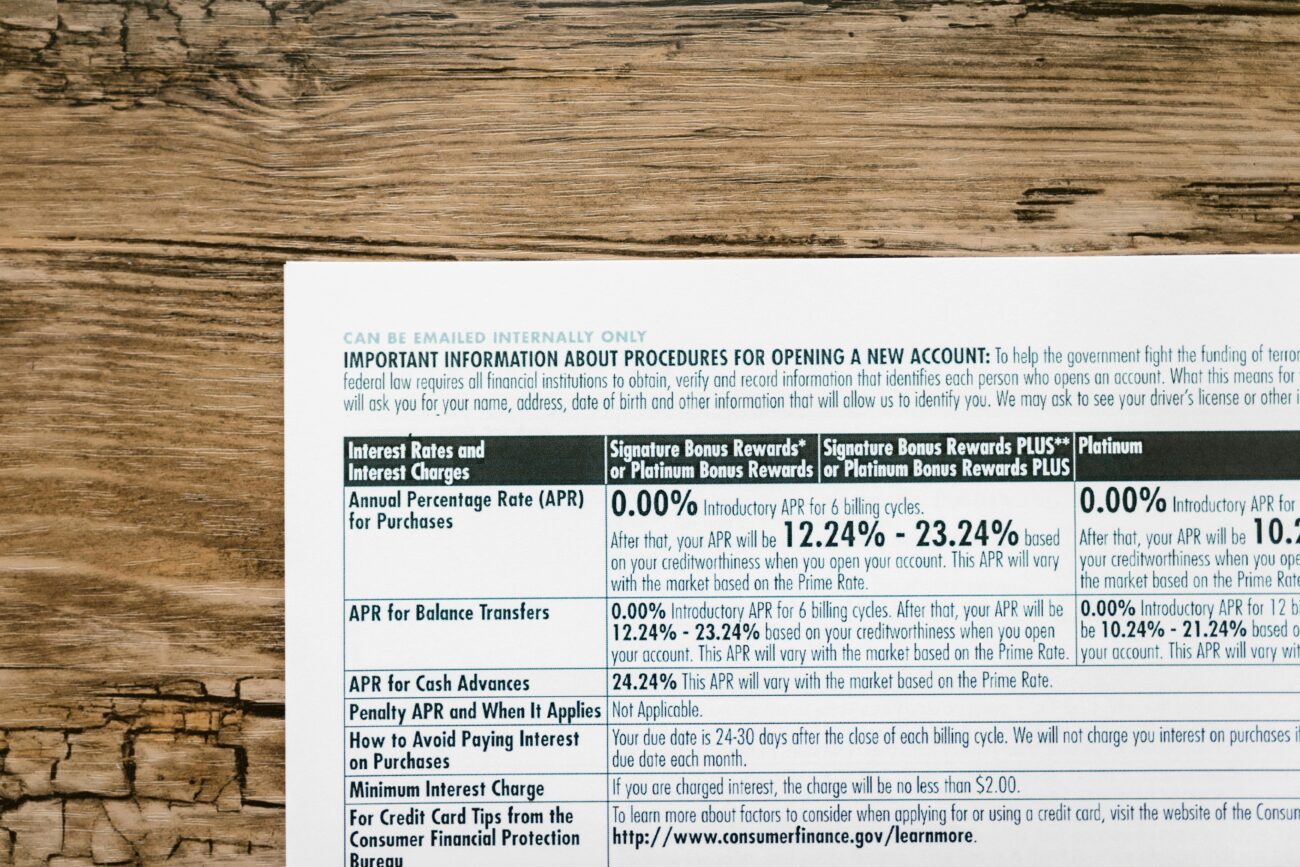When it comes to protecting your financial future, understanding the differences between critical illness insurance and life insurance is essential. Both types of insurance can provide valuable benefits, but they serve different purposes. Let’s dive into what each of them entails, so you can make an informed decision that suits your needs.
What is Life Insurance?
Life insurance is designed to provide financial support to your beneficiaries after you pass away. There are two main types:
- Term Life Insurance: Covers you for a specified term (e.g., 10, 20, or 30 years).
- Whole Life Insurance: Provides lifelong coverage with a cash value component that can grow over time.
Key Features of Life Insurance
Here are the fundamental aspects of life insurance:
- Payout to Beneficiaries: The death benefit goes to your designated beneficiaries.
- Premium Payments: Monthly or annual payments keep your policy active.
- Tax-Free Benefit: Benefits paid to beneficiaries are generally tax-free.
What is Critical Illness Insurance?
Critical illness insurance provides a lump-sum payment if you are diagnosed with one of the covered serious illnesses, such as:
- Cancer
- Heart attack
- Stroke
- Multiple sclerosis
Key Features of Critical Illness Insurance
Here’s what you need to know:
- Lump-Sum Payment: You receive a pre-defined amount upon diagnosis, which can be used as needed.
- Coverage Differences: Policies can vary widely in terms of covered illnesses and renewal options.
- Intended Use: Funds can be used for medical expenses, mortgage payments, or even everyday costs.
Comparing Critical Illness and Life Insurance
While both policies provide financial support, they serve different purposes:
- Life Insurance: Focused on providing for your family in the event of your death.
- Critical Illness Insurance: Provides immediate financial assistance for serious health conditions that could disrupt your ability to earn income.
Cost Considerations
Generally, critical illness insurance premiums can be lower than life insurance, but this depends on factors like age, health, and the specific policy you choose. Always compare quotes to find the best deal.
Who Should Consider Each Type?
Consider life insurance if:
- You have dependents who rely on your income.
- You want to cover any debts or funeral costs.
On the other hand, critical illness insurance may be beneficial if:
- You want financial protection from the cost of treatment for severe illnesses.
- You’re concerned about losing your income while you recover.
Making the Right Choice
Choosing between critical illness and life insurance isn’t always straightforward. Here are a few tips:
- Assess your current financial situation and obligations.
- Consider your health risks and family history.
- Evaluate your dependents’ needs and lifestyle.
Consult with an insurance advisor to tailor your coverage to fit your unique situation.
To wrap things up, understanding the differences between critical illness insurance and life insurance ensures you select the coverage that best meets your needs. By being informed, you can secure your family’s financial future while preparing for any unforeseen circumstances.
If you’re ready to explore your options, contact a financial advisor today or get tailored insurance quotes here.
